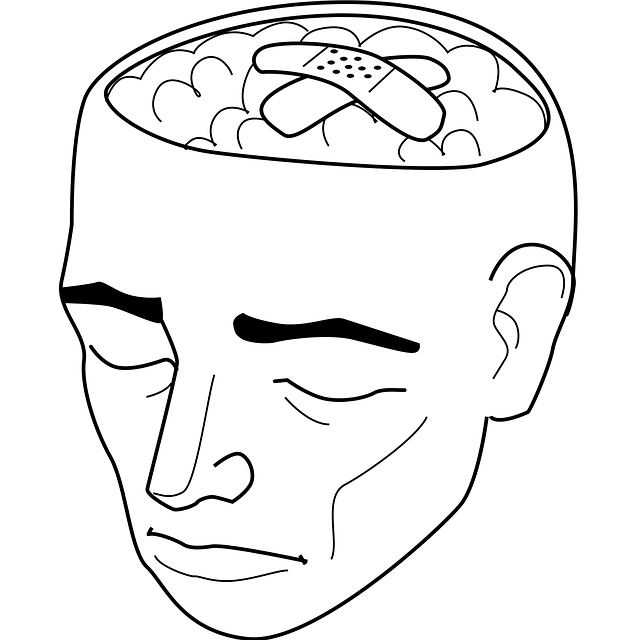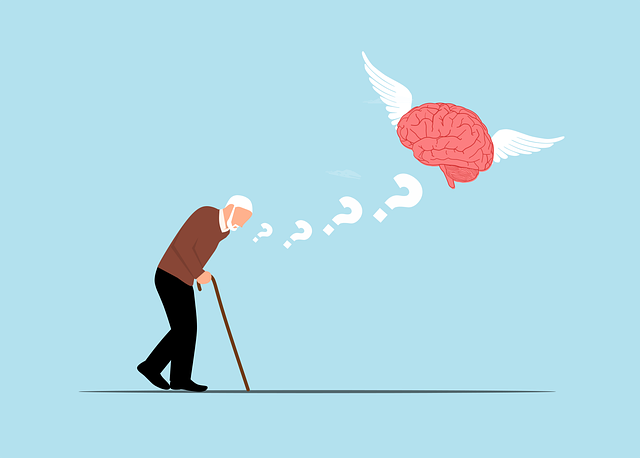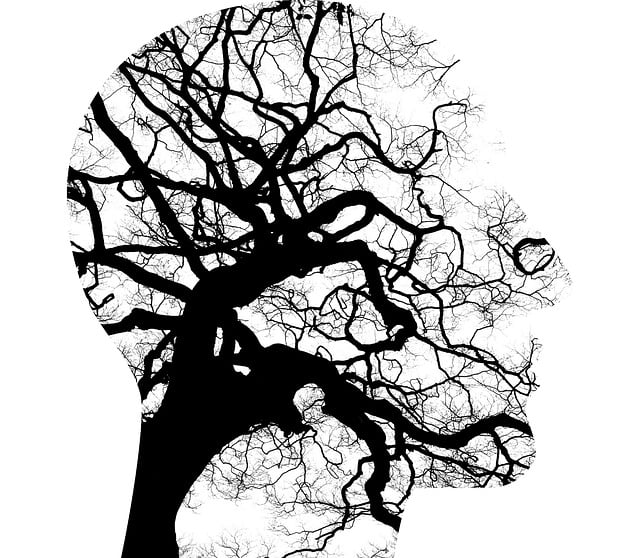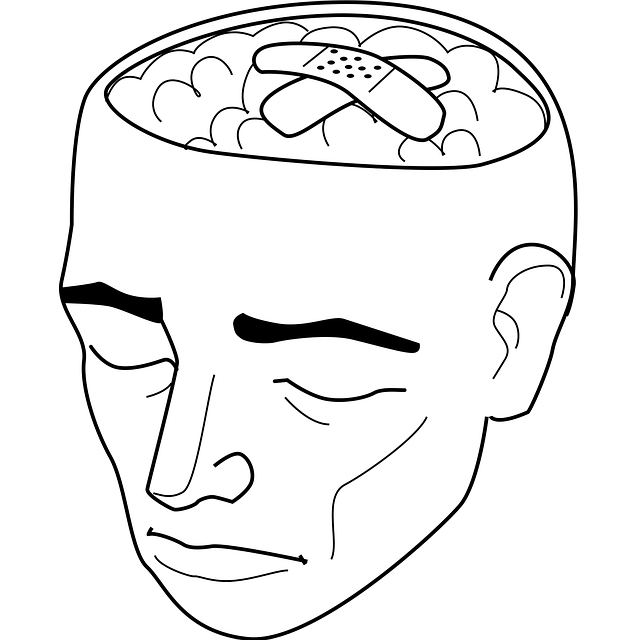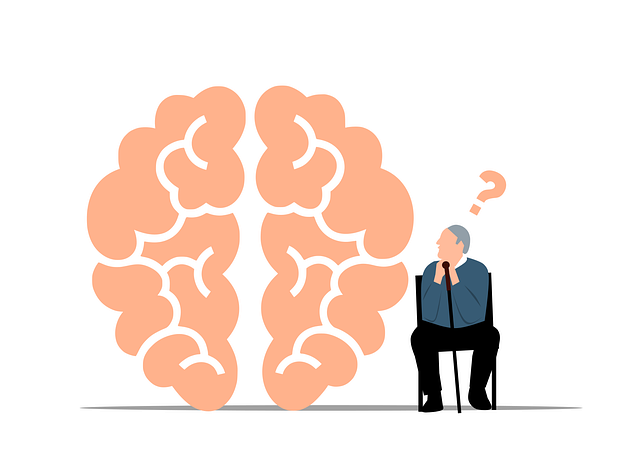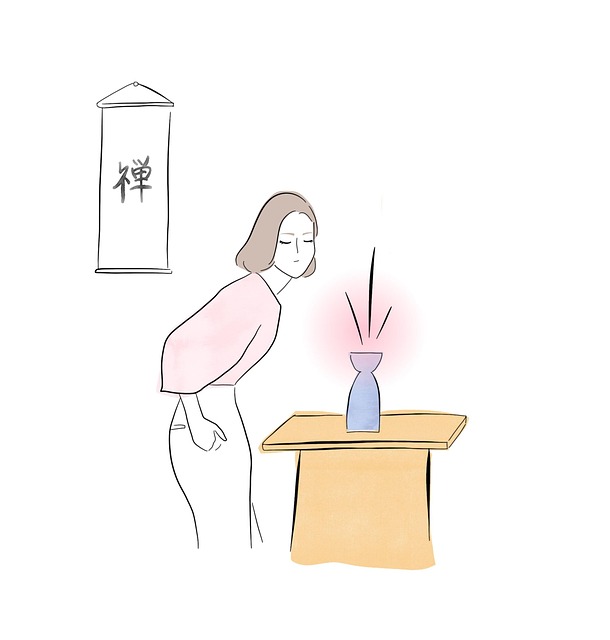Arvada Oppositional Defiance Disorder (ODD) Therapy emphasizes positive thinking as a powerful tool for adolescents, offering significant benefits like reduced stress and anxiety. Incorporating exercises like Mind Over Matter challenges negative thought patterns, fostering resilience through daily routines. Healthcare Provider Cultural Competency Training supports this by teaching skills to adopt healthy coping mechanisms beyond traditional therapy. Techniques include Social Skills Training, Risk Management Planning, self-care routines, empathy-building, conflict resolution, and mindfulness meditation. Regular progress assessments adjust the treatment plan dynamically, ensuring continuous enhancement of mental health awareness and behavioral improvement.
“Unleash the power of positive thinking with our comprehensive guide to Arvada Oppositional Defiance Disorder (ODD) therapy. We explore how cultivating a positive mindset can be a game-changer for adolescents, offering a transformative path to better mental health. This article delves into effective strategies to help identify and combat negative thought patterns common in ODD. From implementing structured exercises to incorporating powerful affirmations, discover practical steps towards a more optimistic and balanced life. Learn how to measure progress and adapt therapy approaches for optimal results.”
- Understanding Positive Thinking and Its Benefits for Adolescents
- Identifying Negative Thought Patterns in Oppositional Defiance Disorder (ODD)
- Strategies for Implementing Positive Thinking Exercises
- Incorporating Positive Affirmations into Daily Routines
- Measuring Progress and Adjusting the Therapy Approach
Understanding Positive Thinking and Its Benefits for Adolescents

Positive thinking is a powerful tool that can significantly benefit adolescents, especially those dealing with challenges like Oppositional Defiance Disorder (ODD). Understanding and cultivating positive thoughts can help young individuals develop resilience and improve their overall well-being. The concept revolves around training the mind to focus on optimistic outcomes, reframing negative thoughts, and adopting a proactive mindset. This simple yet effective approach has been shown to reduce stress and anxiety, two common issues often associated with adolescent disorders like ODD.
By incorporating positive thinking exercises into their daily routines, adolescents can learn to challenge negative thought patterns. For instance, Mind Over Matter principles encourage individuals to recognize and replace self-critical thoughts with more balanced and positive self-talk. This process is crucial in Arvada Oppositional Defiance Disorder Therapy, where fostering a growth mindset can help young people navigate their emotions and behaviors more effectively. Healthcare Provider Cultural Competency Training also emphasizes the importance of teaching these skills, as it enables professionals to support adolescents in adopting healthy coping mechanisms that extend beyond traditional therapy sessions.
Identifying Negative Thought Patterns in Oppositional Defiance Disorder (ODD)

Children and adolescents with Oppositional Defiance Disorder (ODD) often struggle with negative thought patterns that significantly impact their behavior and daily functioning. In Arvada Oppositional Defiance Disorder Therapy, identifying and addressing these thought processes is a crucial step towards behavioral modification. Negative thoughts in ODD can range from simple irritability and frustration to more complex beliefs about oneself and the world around them.
Social Skills Training and Risk Management Planning for Mental Health Professionals play vital roles in helping individuals with ODD recognize and challenge negative thoughts. Through interactive exercises, professionals guide patients to understand their thought patterns and develop healthier alternatives. Additionally, encouraging Self-Care Routine Development for Better Mental Health can empower individuals to manage stress and regulate emotions, thereby reducing the occurrence of negative thinking.
Strategies for Implementing Positive Thinking Exercises

Implementing positive thinking exercises can be a game-changer for individuals dealing with Oppositional Defiance Disorder (ODD). One effective strategy is to incorporate these practices into daily routines, making them an integral part of life. Start by setting small, achievable goals and celebrating each success. For instance, encouraging clients to reflect on three positive aspects of their day can shift their mindset and foster a sense of gratitude. This simple exercise builds resilience and helps individuals challenge negative thoughts.
Additionally, Arvada ODD therapy can benefit from empathy-building strategies. Instructing clients to consider alternative perspectives and engage in active listening during discussions promotes understanding and reduces conflict. Positive thinking isn’t about ignoring challenges but rather adopting a constructive approach to them. Conflict resolution techniques, such as teaching de-escalation methods, empower individuals to navigate difficult situations with composure and respect.
Incorporating Positive Affirmations into Daily Routines

Incorporating positive affirmations into daily routines can be a powerful tool for individuals managing oppositional defiance disorder (Arvada Oppositional Defiance Disorder Therapy). Starting the day with a series of uplifting statements can shift one’s mindset, fostering a more optimistic outlook and resilience against negative thoughts. This simple practice, when integrated seamlessly into existing rituals, becomes an effective strategy to combat adversity and promote emotional well-being.
Mindfulness meditation, another evidence-based technique, complements this approach by teaching individuals to recognize and accept their emotions without judgment. Public awareness campaigns development and community outreach program implementation can further enhance these practices by providing a supportive network, where sharing experiences and learning from peers reinforces the benefits of positive thinking exercises in daily life.
Measuring Progress and Adjusting the Therapy Approach

Measuring progress is a critical aspect of any therapy journey. In the context of Arvada Oppositional Defiance Disorder (ODD) Therapy, regular assessments help to gauge the effectiveness of the positive thinking exercises and adjust the treatment plan accordingly. Therapists often use standardized tools and interviews to evaluate changes in a client’s behavior, mood, and thought patterns. These assessments provide valuable insights into what’s working and what needs improvement. For instance, tracking the frequency and intensity of oppositional behaviors can reveal if the exercises are helping to reduce these symptoms over time.
Adjusting the therapy approach is an iterative process that ensures the treatment remains tailored to the individual’s unique needs. If progress is steady, therapists might introduce more advanced positive thinking strategies or incorporate other evidence-based practices known for their effectiveness in managing ODD. Conversely, if certain techniques aren’t yielding desired results, the therapist can explore alternative approaches or revisit previous methods with adjustments based on the latest assessment data. This dynamic nature of therapy fosters a supportive environment where progress is continuously made and mental health awareness is enhanced.
Implementing positive thinking exercises as part of Arvada Oppositional Defiance Disorder (ODD) therapy can significantly benefit adolescents. By understanding and identifying negative thought patterns, therapists can guide clients towards healthier mental landscapes. The strategies outlined in this article provide a roadmap for incorporating positive affirmations into daily routines, fostering a more optimistic outlook. Regular measurement of progress allows for adjustments in the therapy approach, ensuring each adolescent receives personalized care. With dedication, these exercises have the potential to revolutionize their mindset and enhance overall well-being.
